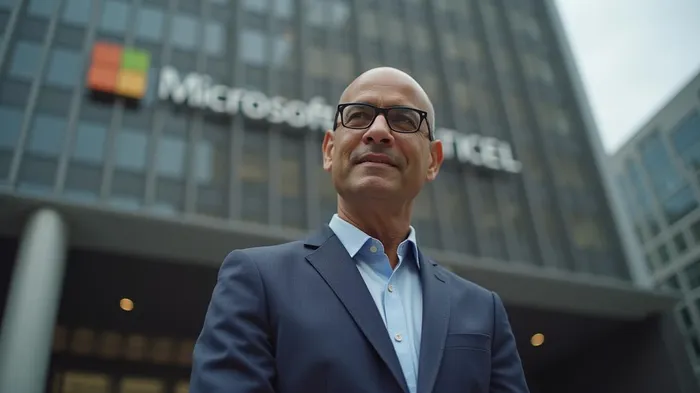FTC Drops Microsoft-Activision Lawsuit, Clearing Path for $69 Billion Acquisition
The Federal Trade Commission (FTC) has withdrawn its lawsuit against Microsoft's acquisition of Activision Blizzard, a case that was initiated during the Biden administration. This decision, made on Thursday, marks a significant victory for MicrosoftMSFT--, which had been seeking to acquire the popular game developer for 69 billion dollars. The acquisition, if completed, would make Microsoft the third-largest video game company by revenue, trailing only SonySONY-- and Tencent.
The FTC's initial concern was that Microsoft's control over the popular game series "Call of Duty" could potentially restrict other gaming companies from accessing its content. However, Microsoft's president, Brad Smith, celebrated the FTC's withdrawal, stating that it was a victory for all American gamers and for common sense in Washington D.C.
This move by the FTC is part of a broader effort by the Trump administration to dismantle certain anti-trust actions initiated by the previous administration. In addition to the Microsoft case, the FTC has also withdrawn a lawsuit against PepsiCo, which was accused of violating the Robinson-Patman Act by offering favorable deals to a large retailer that were not available to other competitors.
The Microsoft case had been a challenging battle for the FTC, with the regulatory body facing setbacks in both the lower and appellate courts. In May, a federal appeals court upheld a lower court's decision to deny the FTC's request to temporarily halt the merger, further weakening the FTC's position. By July, after both a federal district court judge and a three-judge panel of the federal appeals court refused to grant the FTC's preliminary injunction to block the merger, the FTC had temporarily suspended its administrative challenge to the deal.
The FTC had argued that the merger would harm competition in three gaming markets: gaming consoles, subscription content, and cloud gaming. Historically, Activision's games have been available on multiple gaming platforms, including Xbox, Nintendo Switch, and Sony's PlayStation. Microsoft had agreed to sign legally binding contracts to ensure that "Call of Duty" would remain available on competing platforms for at least 10 years, addressing one of the FTC's primary concerns.
In October, Microsoft and Activision reached an agreement with the UK's Competition and Markets Authority (CMA), clearing the final regulatory hurdle. The agreement included terms that granted French gaming company Ubisoft Entertainment SA a 15-year license to use Activision's cloud gaming content on non-Windows operating systems, ensuring its availability across different platforms. This resolution has paved the way for the completion of the acquisition, which is expected to significantly enhance Microsoft's position in the gaming industry.

Stay ahead with the latest US stock market happenings.
Latest Articles
Stay ahead of the market.
Get curated U.S. market news, insights and key dates delivered to your inbox.

Comments
No comments yet